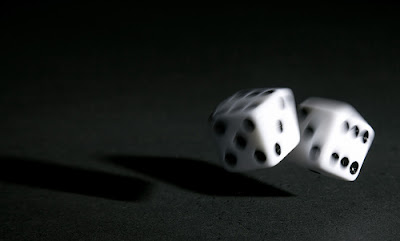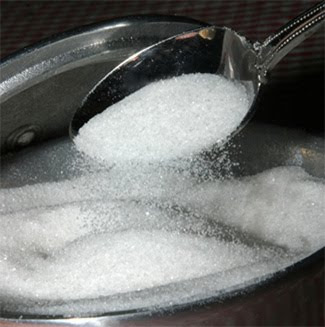 In each language there are words that escape a clear univocal definition and a precise use. This is the case in Italian of “magari”.
In each language there are words that escape a clear univocal definition and a precise use. This is the case in Italian of “magari”.To look for help, we turned to the good old dictionary Devoto-Oli
MAGARI (ma-gà-ri)
It expresses:
a strong desire, felt as unrealizable “magari potessi andare!”[I wish I could go!]
an enthusiastic adhesion/acceptance: “vorresti venire con noi?” “Magari” [Would you like to come with us? Absolutely!]
a moderate assent “prendiamo un aperitivo?” “Magari” [shall we have an aperitif? alright]
2. It functions as adverb in parenthetical position as perfino, addirittura : “loro, magari, ti diranno che non lo sanno” [they will even say to you that they don’t know it]
The word magari comes from the Greek “makárie” vocative of “makários” meaning happy.




 Italian words, that do not come directly from Latin mostly, come from the languages of the populations Italians came in contact directly or indirectly throughout the centuries.
Italian words, that do not come directly from Latin mostly, come from the languages of the populations Italians came in contact directly or indirectly throughout the centuries.
